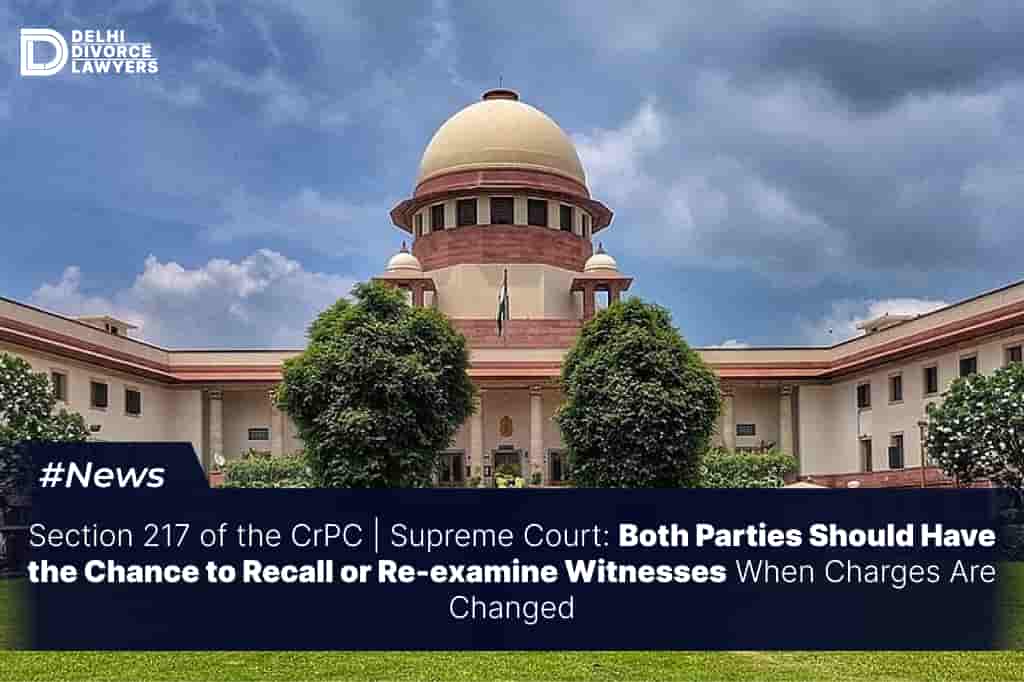The Supreme Court decreed that in the event of charge modification, both parties should be afforded the opportunity to recall or re-examine witnesses regarding the altered charges, with the rationale for the modification duly recorded in the judgment.
“A Court may alter or add to any charge before judgment is pronounced but when charges are altered, opportunity must be given under Section 217 of the Cr.P.C., both to the Prosecution and the defence, to recall or re-examine witnesses in reference to such altered charges. More importantly, in case, charges are altered by the Court, reasons for the same must be recorded in the judgment.”, the bench comprising Justices Hrishikesh Roy and Satish Chandra Sharma said.
The accused’s conviction was overturned to acquittal by the Court due to two legal deficiencies. Firstly, the revised charges under Section 302 along with Section 34 of the IPC were not adequately communicated or elucidated to the accused. Secondly, the prosecution’s failure to furnish evidence indicating a ‘common intention’ among the accused in the commission of the offense contributed to this decision.
Originally, the accused was charged under Section 302 in conjunction with Section 149 (Common Object) of the Indian Penal Code (IPC). Subsequently, this charge was modified to Section 302 along with Section 34 (Common Intention). However, neither was this amendment effectively communicated to the accused nor were the grounds for the alteration documented in the judgment.
Referring to the precedent set in the case of Rohtas v. State of Haryana, the Court underscored the necessity for the prosecution to furnish pertinent evidence when transitioning from a charge of ‘common object’ to ‘common intention.’ It elucidated that ‘common object’ and ‘common intention’ are distinct legal constructs, and as such, require distinct evidential support.
“The Court also has the responsibility to analyze and assess the evidence before convicting a person with the aid of Section 34 of the IPC. Importantly, a mere common intention per se may not attract Section 34 IPC without action in furtherance of such common intention.”, the court observed.
“Unfortunately, the common intention of the appellants was never established by the prosecution to connect them with the crime charged. Moreover, there was no discussion by the Court on the aspect of common intention.”, the court added.
Consequently, the Court granted the accused the benefit of uncertainty, resulting in the reversal of their conviction and their subsequent acquittal.

